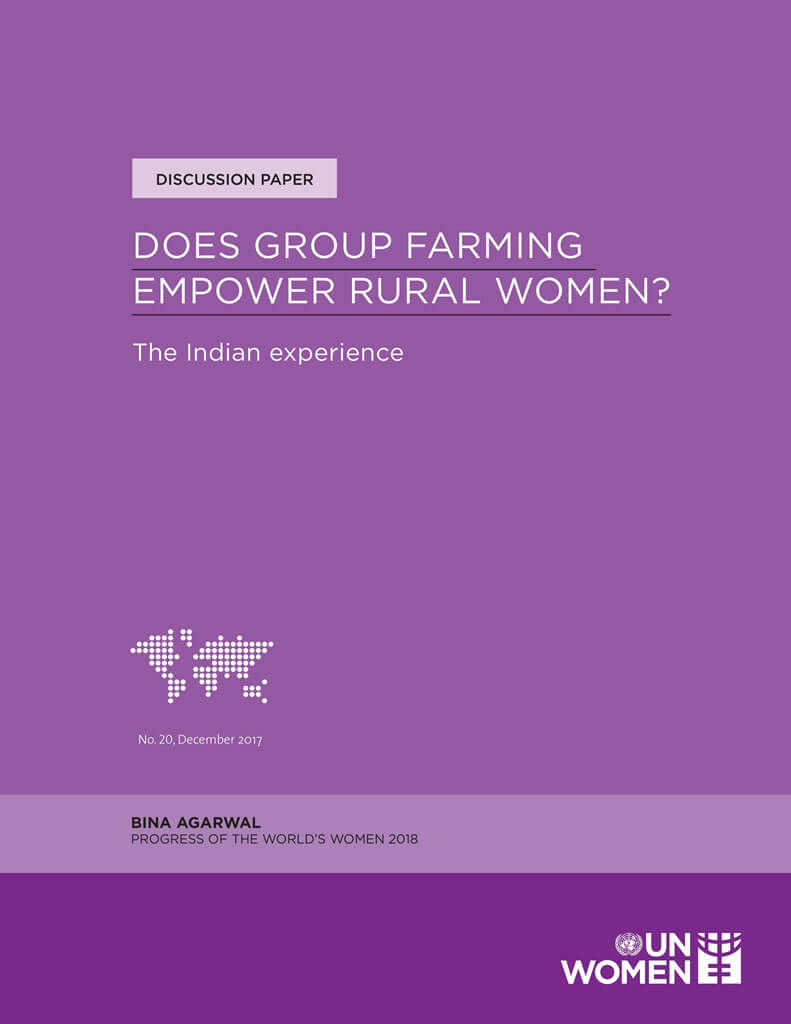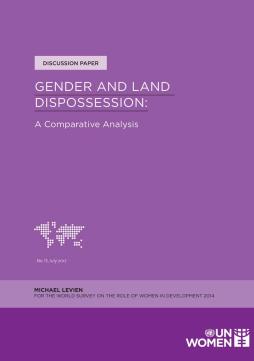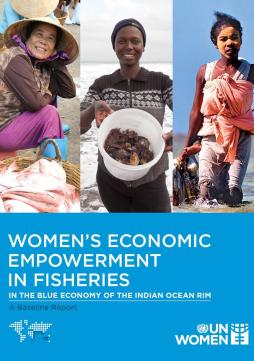Does group farming empower rural women? The Indian experience
Few programmes for economically empowering rural women in India have focused seriously on farming—the one occupation in which the women have most experience. Hence, two state-level initiatives in the early 2000s stand out, both because they focused on improving women’s livelihoods within agriculture itself, and because of the innovative institutional form by which they sought to do so, namely group farming. The initiatives encouraged rural women to lease in land collectively, pool their labour and capital, and cultivate jointly on a voluntary basis. Hence they recognized women as farmers outside the domain of family farms under which most cultivation is done globally, and in which women are typically unpaid family workers with little autonomy.
This paper, based on the author’s detailed primary surveys in the two states, examines whether group farming can enable women farmers to overcome resource constraints and gain economically. Can it also empower them socially and politically? Since the approach to group farming differs notably in the two states, the paper examines which approach is more effective, and why. To date there has been no systematic study of group farming, based on carefully collected quantitative and qualitative data, in either state.
The lessons learned from these experiences can help not only in strengthening group farming further, but also in assessing how these models could be replicated in other regions.
This paper was produced for UN Women’s flagship report, Progress of the World’s Women 2018, to be released as part of the UN Women discussion paper series.









